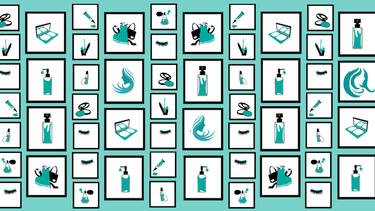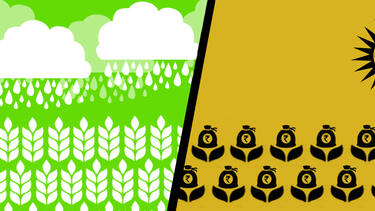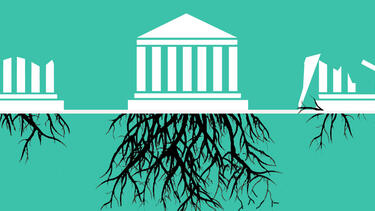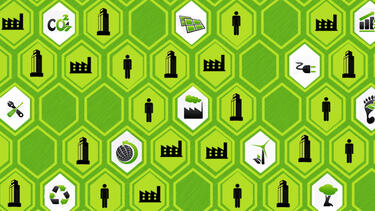All Insights Articles
Does New York City Need Lincoln Center?
Performing arts organizations are contending with aging audiences and shrinking budgets, and looking for new ways to reach audiences. Yale Insights spoke with Jed Bernstein ’79, formerly a theatrical producer, as he prepared to begin his new job as president of Lincoln Center, the country’s biggest stage for classical music, opera, and dance and a pillar of New York City’s economy.

How Do You Market a TV Phenomenon?
Starting in the late 1990s, a series of television shows with a novelistic sweep, many of them produced by cable channels, have redefined the medium; at the same time, technology has given audience members new ways to engage with each other and their favorite shows. As AMC’s executive vice president of marketing, Linda Schupack '92 has had the job of selling two of the biggest hits of TV’s second golden age: Mad Men and Breaking Bad. She talked to Yale Insights about creating great marketing for great stories.
How Does Chanel See the Global Luxury Business?
The global luxury goods market recovered quickly from the financial crisis due in large part to growth in emerging markets, especially China. Chanel CEO Maureen Chiquet YC ’85 discusses how she shepherds the quintessentially French company in a fast-moving global market that may be transcending national identity.

Can Green Banks Revolutionize the Clean Energy Industry?
The idea of “green banks”—public lending institutions designed to help finance private clean energy projects—has been around for a while, but states have recently begun establishing their own versions. With the federal government slow to innovate in the sector, state officials are hoping to provide crucial support for clean energy and spur economic growth. But to work, green banks require a rethinking of the nature of the private-public relationship.
What Do the Numbers Say About Global Health?
The state of global health is never static. The past century has seen some of the greatest advances in life expectancy and overall health in human history. And yet huge disparities exist between rich and poor nations in measures such as infant mortality and life expectancy. Richard Skolnik, a global health expert, talks about how to use the data to inform better decision-making—and to save lives.
Can Insurance Help the Poor Manage Risk?
Rainfall insurance can help a farmer survive a drought year and ultimately increase prosperity in rural areas. So why aren’t more using it? Many people in developing countries rely on informal insurance, such as a family network, rather than formal insurance. Yale SOM professor Mushfiq Mobarak’s research has tested the effects of formal insurance for farmers in India and elucidated how the two systems interact.

What Is Factor-Based Investing?
Asset classes have long been the building blocks of investment portfolios, but when apparently uncorrelated investments moved in sync during the financial crisis, it raised fundamental questions about whether diversified portfolios actually were diversified. Eugene Podkaminer ’01, vice president of capital markets research at Callan Associates, discusses whether there is a better way to understand the deep forces driving these results.
What Does It Take to Survive on Wall Street?
Any financial institution that is going to last for decades will have to survive a crisis or two—most likely by adapting and innovating, perhaps by leaving behind chunks of its old identity. Yale Insights spoke with James Gorman, chairman and CEO of Morgan Stanley, one of two major investment banks to survive the 2008 financial crisis, about how the firm has managed to refashion itself and prepare for the future.

How Can Businesses Lead On Sustainability?
Problems like climate change, resource depletion, and pollution can seem so large as to be beyond the capacity of any individual person, or even corporation, to address. Peter Bakker, president of the World Business Council for Sustainable Development, argues that business leaders can take a first step by incorporating sustainability concerns into how they think about risk management.

Market Rule Breakers Pay a Price
Organizations that don’t conform to the norms of their market category are penalized with higher prices, according to new research co-authored by Professor Amandine Ody-Brasier.